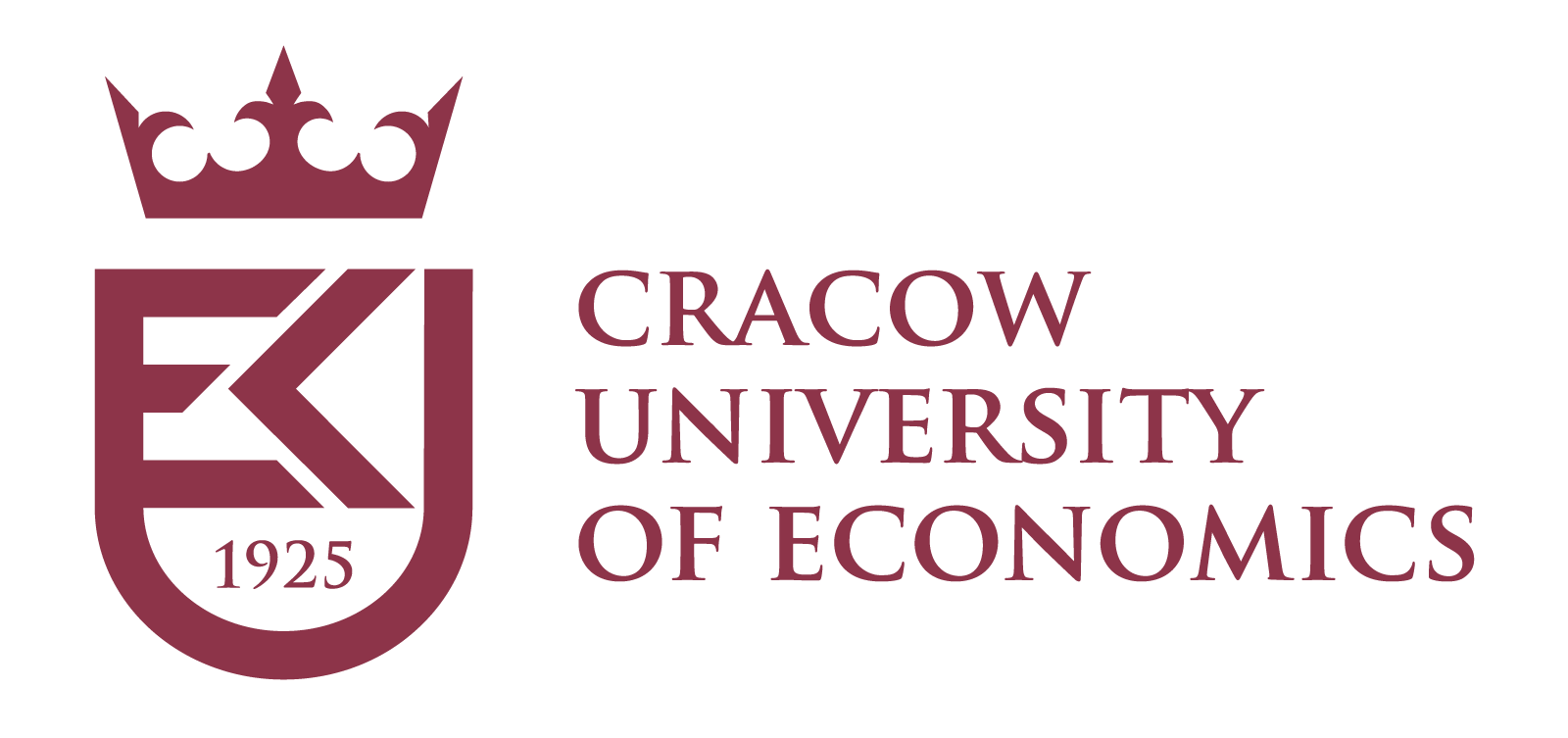Committee Chairs:
Marcin Czupryna – Cracow University of Economics
Bogumił Kamiński – SGH – Warsaw School of Economics
Harko Verhagen – Stockholm University
Members of the Program Committee:
Diana Francisca Adamatti – Universidade Federal do Rio Grande
Petra Ahrweiler – Johannes Gutenberg University Mainz
Fred Amblard – IRIT – University Toulouse 1 Capitole
Patrycja Antosz – NORCE Norwegian Research Center AS
Jennifer Badham – Durham University
Federico Bianchi – University of Milan
Daniel Birks – University of Leeds
Riccardo Boero – NILU – Norwegian Institute for Air Research
Melania Borit – University of Tromsø
Dino Carpentras – University of Limerick
Brian Castellani – Durham University
Emile Chappin – Delft University of Technology
Kevin Chapuis – UMI 228 ESPACE-DEV – IRD – Montpellier
Edmund Chattoe-Brown – University of Leicester
Cristina Chueca Del Cerro – Durham University
Marco Cremonini – University of Milan
Andrew Crooks – University at Buffalo
Paul Davidsson – Malmö University
Natalie Davis – Lancaster University
Guillaume Deffuant – Cemagref
Frank Dignum – Umeå University
Bruce Edmonds – Manchester Metropolitan University Business School
Tatiana Filatova – TU Delft
Andreas Flache – ICS University of Groningen
Christopher Frantz – Norwegian University of Science and Technology
Simone Gabbriellini – Manent.AI | GECS
Cesar Garcia-Diaz – Pontificia Universidad Javeriana
Amineh Ghorbani – Delft University of Technology
Francesca Giardini – University of Groningen
Nigel Gilbert – University of Surrey
Umberto Gostoli – University of Glasgow
Rainer Hegselmann – Bayreuth University
Gertjan Hofstede – Wageningen University
Sascha Holzhauer – Universität Kassel
Sylvie Huet – Inrae
Luis R. Izquierdo – University of Burgos
Wander Jager – University of Groningen
Christian Kammler – Umeå University
Andreas Koch – University of Salzburg
Friedrich Krebs – University Kassel
Stephan Leitner – University of Klagenfurt
Fabian Lorig – Malmö University
Pablo Lucas – University College Dublin
Sara Mehryar – London School of Economics
Ruth Meyer – Fraunhofer Institute for High-Speed Dynamics, Ernst Mach Institute (EMI)
Martin Neumann – University of Southern Denmark
Leila Niamir – International Institute for Applied Systems Analysis (IIASA)
Isamu Okada – Soka University
Paweł Oleksy – Cracow University of Economics
Jonathan Ozik – Argonne National Laboratory and The University of Chicago
Mario Paolucci – Institute of Cognitive Sciences and Technologies, CNR
Cezara Pastrav – Umeå University
Nicolas Payette – University of Oxford
Gary Polhill – The James Hutton Institute
Michael Roos – Ruhr-Universität Bochum
Juliette Rouchier – Dauphine
Jordi Sabater Mir – IIIA-CSIC
Geeske Scholz – University of Osnabrück
Davide Secchi – University of Southern Denmark
Roman Seidl – Leibniz University
Peer-Olaf Siebers – University of Nottingham
Eric Silverman – University of Glasgow
Flaminio Squazzoni – University of Milan
Karolina Szafażyńska – Warsaw University
Aron Szekely – Collegio Carlo Alberto
Katarzyna Sznajd-Weron – Wroclaw University of Technology
Przemyslaw Szufel – Warsaw School of Economics
Jason Thompson – The University of Melbourne
Klaus Troitzsch – University of Koblenz-Landau
Loïs Vanhée – Umeå University
Friederike Wall – Alpen-Adria-Universitaet Klagenfurt
Nanda Wijermans – Stockholm University
Hang Xiong – Huazhong Agricultural University

